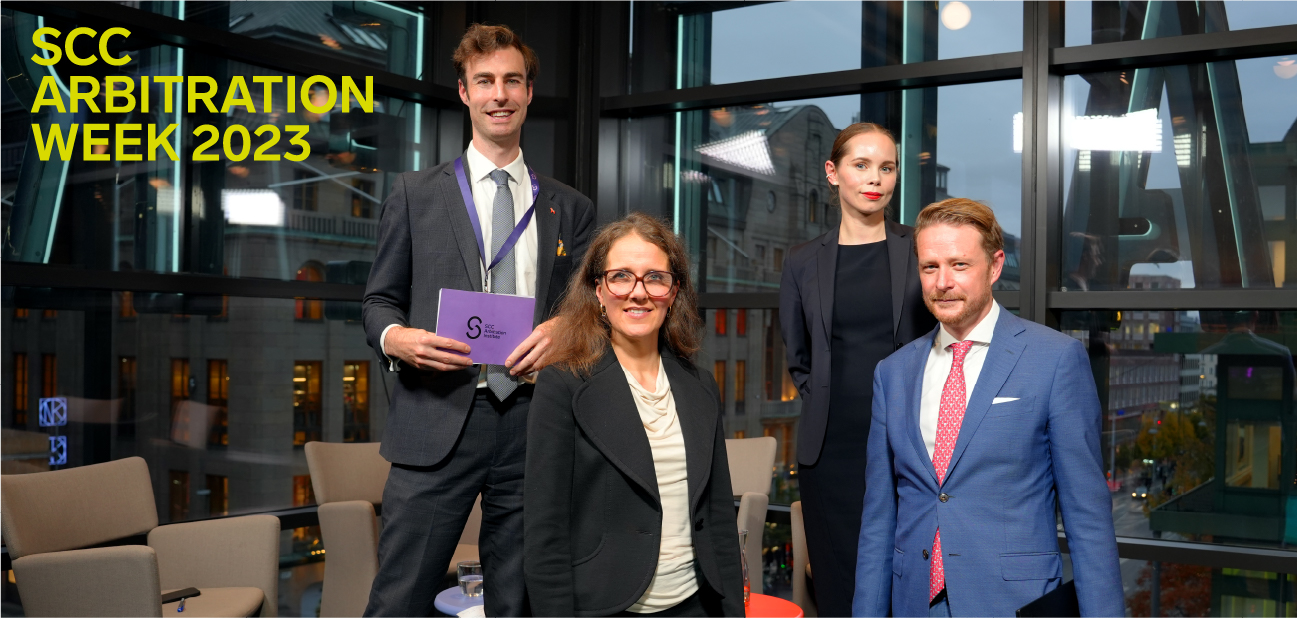In principle all arbitrations in Sweden are ‘digital’
SCC Arbitration Week kicked off with a webinar that shed light on Sweden's approach to digital arbitration and highlighted the fundamental role technology plays in ensuring the success and sustainability of arbitration.
Published 2023-10-24

Amid the rapidly evolving legal landscape, the Swedish experience is that embracing technology is crucial for successful and sustainable arbitration. Sweden is not unique in its pro-arbitration stance; however, its focus on efficiency and renewable, cyber-secure infrastructure has set the scene for a truly progressive arbitration environment.
Arbitration’s flexibility and the possibilities of technology
Kristoffer Löf, partner and Co-Chair of Dispute Resolution at Mannheimer Swartling, pointed out the significant difference between arbitration and litigation, emphasizing:
“Arbitration is like one big innovation lab; there are still a few rules, and within those rules, we are free to do more or less what we want as long as we comply with the process requirements, and that gives arbitration an evolutionary development.”
A Digital Decade with SCC's Platform
The SCC Arbitration Institute has long supported the arbitration community on this journey, with this year marking ten years since the introduction of its digital case management system, which came hot on the heels of the launch of the Swedish Arbitration Portal. In recent years, the SCC has moved all communications, submissions, and administration of its cases to the groundbreaking SCC Platform and also offers the Ad Hoc Platform to participants in non-SCC cases.
Erica Finn, partner and lawyer at Kilpatrick Townsend & Stockton, shares her experience using the SCC Platform:
“The best thing about the platform is that you have everything in one place. You have all the submissions, all the exhibits of all the cases that you have, and you also have the contact details of the counsels involved in every arbitration and the tribunal.”
Technology's Growing Role
In Sweden, arbitrations may vary in their design and delivery depending on the size and internationality of the case. However, they typically contain common elements, including the use of technology in conducting the process. As ever, the devil will be in the details. What emerged from the webinar is that new technology is playing an increasing role in shaping the field, including through the use of AI. Given the pace of development, today’s discussion on the conduct of digital arbitration will no doubt be almost unrecognizable in 1-2 years’ time.
Watch the webinar with Erika Finn, Johan Sidklev, Kristoffer Löf, Sandra Kaznova, and Jake Lowther in the panel: